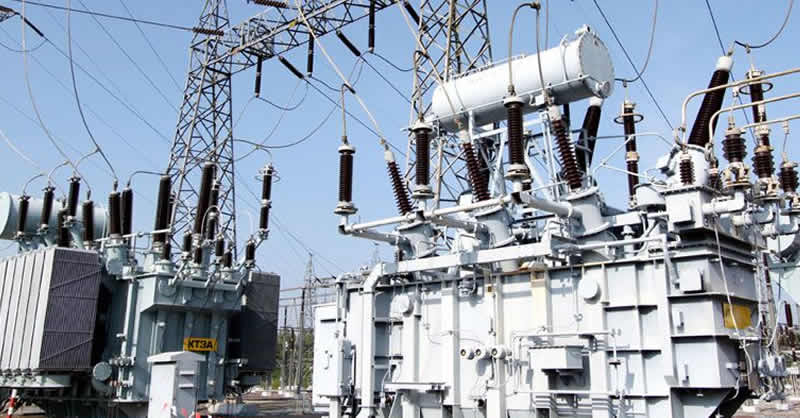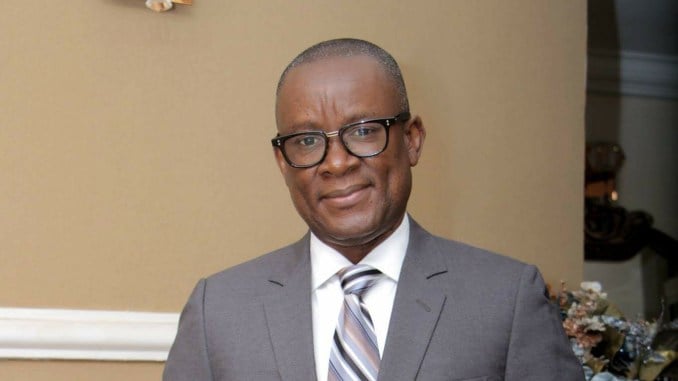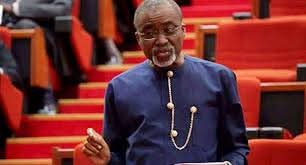
The World Bank is set to approve loans totaling $632 million to Nigeria today (Monday) despite increasing concerns about the country’s rising debt levels.
The loans will target vital areas such as improving nutrition and enhancing basic education.
According to details from the World Bank’s website, the two loans expected for approval today include $80 million for the Accelerating Nutrition Results in Nigeria 2.0 project and $552 million for the HOPE for Quality Basic Education for All program.
Both projects are still in the negotiation stage and are slated for final approval today. These loans are part of the World Bank’s broader plan to support Nigeria’s development, focusing on healthcare, education, and community resilience.
The funds are aimed at bolstering government efforts to improve nutrition and expand access to quality education for Nigerian children.
Additionally, last Friday, the World Bank approved a $500 million loan for Nigeria’s Community Action for Resilience and Economic Stimulus Programme, approved on March 28, 2025. This loan is expected to help address the country’s economic challenges by providing livelihood support, food security services, and grants to vulnerable households and businesses.
The loan is designed to strengthen Nigeria’s economy by supporting communities severely impacted by inflation and high living costs. The stimulus package will focus on improving food security and creating economic opportunities in economically struggling areas.
This loan approval comes at a time when the disbursement of funds from a previous loan, meant to support poor and vulnerable Nigerians, has been delayed.
The World Bank had already disbursed $315 million of the $800 million approved for the National Social Safety-Net Program Scale-Up, but the rest of the funds have not been released. The delay is reportedly due to concerns over fraud within the program.
The former Minister of Humanitarian Affairs, Betta Edu, was suspended over alleged mismanagement of N585 million allocated for palliative distribution. Her predecessor, Sadiya Umar-Farouq, is also under investigation for the alleged laundering of N37.1 billion during her time in office.
The World Bank has also imposed sanctions on individuals and businesses linked to fraud within these programs.
Looking ahead, the Nigerian government is expected to secure six new loans worth $2.23 billion from the World Bank in 2025, bringing the total value of approved loans over the past three years to $9.25 billion.
These loans will fund key sectors, including infrastructure, healthcare, education, and economic resilience.
Under President Bola Tinubu’s administration, World Bank loans have surged, raising concerns about Nigeria’s growing debt burden.
In 2023, the World Bank approved $2.7 billion in loans, mainly for renewable energy, women’s empowerment, education, and the power sector. This figure increased to $4.32 billion in 2024, reflecting the country’s heightened need for financial support.
As of the third quarter of 2024, Nigeria’s external debt to the World Bank stood at $17.32 billion, with $16.84 billion of this owed to the International Development Association (IDA).
Despite the rising debt, Finance Minister Wale Edun has emphasized that the government is focusing on alternative funding sources, such as improving revenue generation and strategic investments, to reduce reliance on borrowing.
However, experts are raising concerns about the sustainability of Nigeria’s borrowing strategy. Dr. Aliyu Ilias, a development economist, expressed worry about the growing reliance on debt, especially in light of increased revenue from initiatives like the removal of fuel subsidies and tax reforms.
Similarly, Dr. Tayo Aduloju, CEO of the Nigerian Economic Summit Group, stressed the importance of a more strategic approach to borrowing.
He called for a balanced mix of domestic and external borrowing, ensuring that critical infrastructure projects are prioritized and financing is disciplined.
As Nigeria faces mounting debt challenges, experts are urging that borrowed funds be used efficiently and that projects be implemented transparently to maximize the economic and social impact of these loans.
Advertisement







